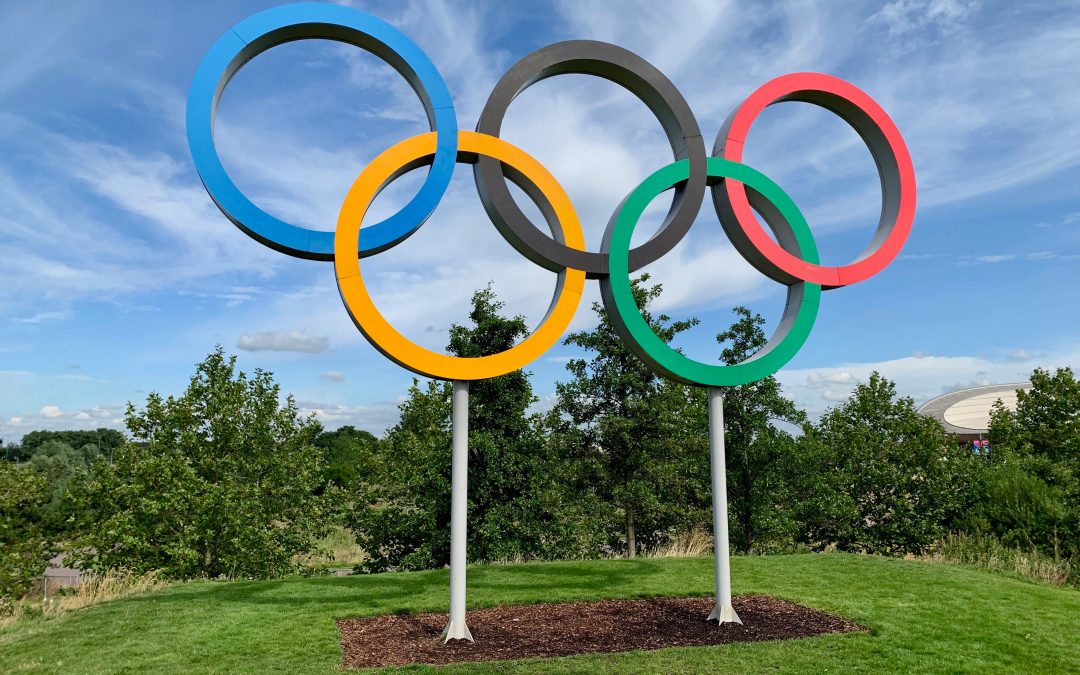Every four years, hundreds of millions of viewers tune in as the world’s best athletes gather to compete in arguably the most highly anticipated and colossal sporting event on the planet: the Olympic Summer Games. That is, until the summer of 2020.
Like many other organizations, the International Olympic Committee (IOC) was forced to quickly adjust its sails in the face of the COVID-19 pandemic. On March 30, 2020, the IOC announced that, out of caution, Tokyo 2020 would be rescheduled for the following summer—marking the first postponed Olympics since the modern games’ beginnings in 1896.
The rescheduled games, which began on July 23, 2021, presented a new set of challenges to the IOC’s marketing team. However, with innovation, tact and creativity, the IOC utilized a few digital marketing strategies to keep the engagement, anticipation and brand buzz going during an extra year of uncertainty.
Going Direct-to-People
The IOC employed a people-centric approach and created digital content to help inspire a sense of unity and connection during times of isolation. For example, their #StrongerTogether YouTube series—and corresponding social media initiative—share inspiring moments in the Games’ history while illustrating the spirit of the Olympics. In addition, regular behind-the-scenes videos of top Olympians allowed an intimate glimpse into the lives of their sports heroes, breaking down the barrier between the athletes and the fans.
Social Media in Times of Social Distancing
On Olympic Day 2020—the day the initial games were supposed to begin—athletes from across the world were encouraged to share what being an Olympian meant to them via their social media channels. Also on Olympic Day, the IOC held a 24-hour workout event on Instagram Live, encouraging users to get active as they tuned in to work out (virtually) alongside their favorite Olympic athletes.
Over the past year, the IOC has regularly populated its social media channels with participant profiles and clips from famous moments in Olympics history. By stepping into newer platforms such as TikTok, participating in popular social media trends, and partnering with creators and influencers in the digital space, the IOC has found new and successful ways to increase engagement to an even wider audience.
—–
With these strategies and more, the IOC proved the power of adaptability when marketing your organization in the face of challenges, changes, and even controversies. Even with no spectators allowed in the stands at this year’s games, the IOC’s utilization of the digital space has encouraged fans worldwide to still engage and interact with one another as they cheer on their favorite athletes for the gold.

